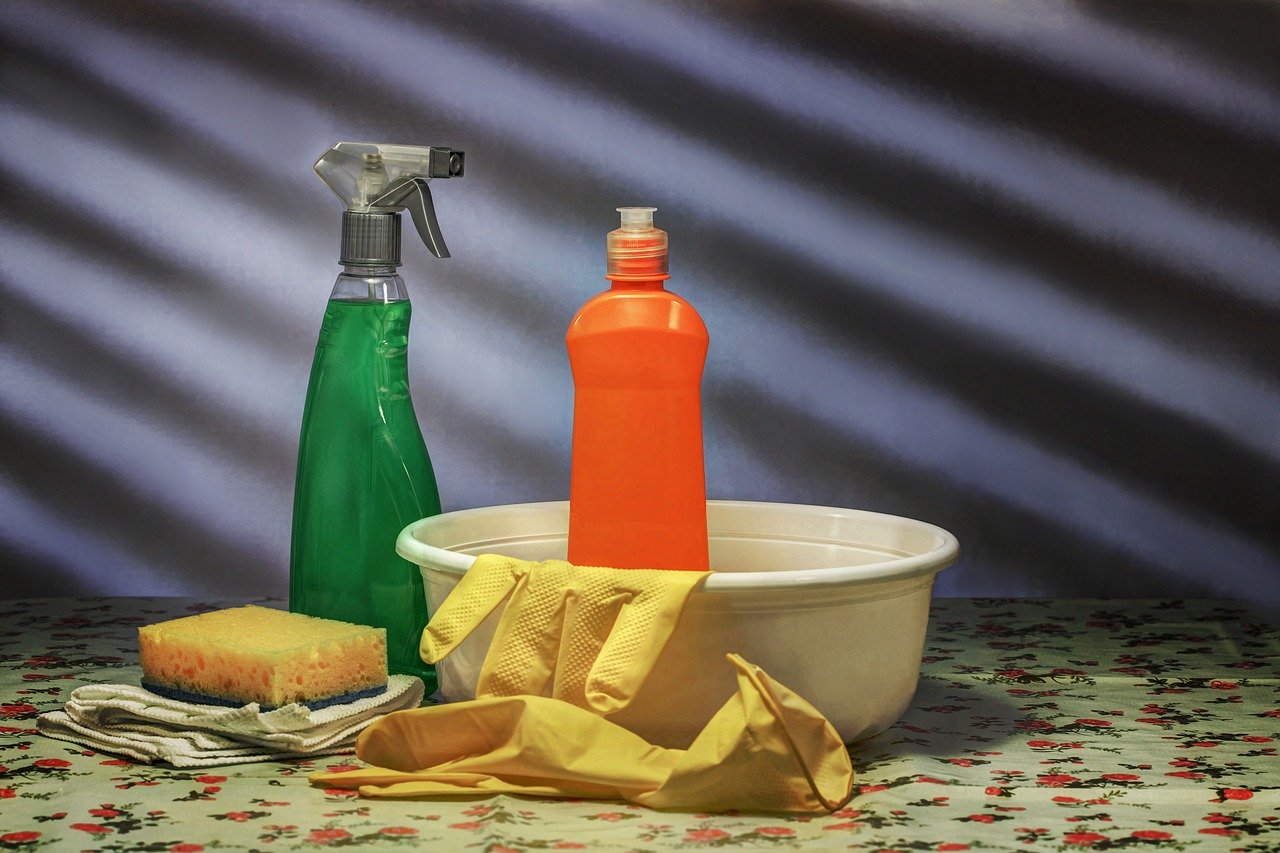In July 2019 researchers from The Netherlands published the results of their study to assess the association between the use of household cleaning agents with the incidence of asthma, rhinitis and eczema in adolescents. A total of 2,333 adolescents (approximately half male) were included in the study. Information on household use of 10 types of cleaning agents [bleach/chlorine, ammonia, acids and (liquid) decalcifiers, solvents (including stain removers); furniture sprays, glass cleaning sprays (for windows and mirrors), fat removing sprays (including oven cleaning sprays), floor or furniture polish (no sprays), non-electric air fresheners, and automatic (electric) or plug-in air fresheners] was collected via parent-completed questionnaires when the adolescent was aged 14 years. Information on asthma, rhinitis and/or eczema was also collected. Seven per cent of adolescents had asthma, 13% rhinitis and 11% eczema. A score on household use was assessed for all ten cleaning agents, ranging from 0 (no exposure) to 30 points (use on 4-7 days per week). Results showed that the total score for household use of cleaning agents did not appear to be associated with asthma, rhinitis and eczema. For individual cleaning agents, the use of ammonia was seen to be significantly associated with a lower risk of rhinitis.
Bukalasa JS et al. Use of cleaning agents at home and respiratory and allergic symptoms in adolescents: The PIAMA birth cohort study. Environ Int. 2019 Jul;128:63-69.

